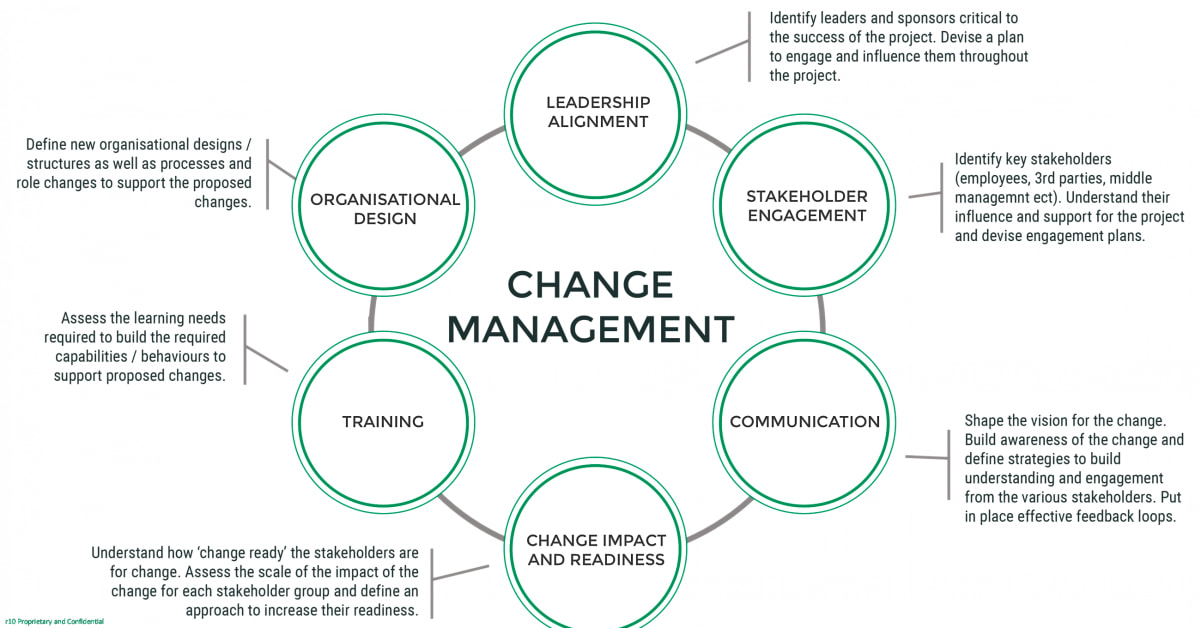In today’s rapidly changing business landscape, companies are constantly seeking ways to stay ahead of the competition and drive growth. One powerful strategy that has gained popularity in recent years is forming strategic alliances. By joining forces with other businesses, companies can leverage their strengths and resources to achieve common goals and accelerate growth. These partnerships and collaborations can take many forms, from joint ventures and licensing agreements to co-branding and distribution partnerships.
But what exactly are strategic alliances, and how can they benefit your business? In this article, we will explore the concept of strategic alliances in depth, uncovering the potential they hold for unlocking business growth. Whether you are a small startup or a large corporation, understanding the ins and outs of strategic alliances can provide valuable insights for your overall business growth strategy.
We will delve into the various types of strategic alliances, their benefits and challenges, and how they can be effectively implemented. We will also discuss real-life examples of successful strategic alliances and the lessons that can be learned from them. By the end of this article, you will have a clear understanding of how strategic alliances can be a game-changer for your business and how you can leverage them to drive growth and success.
So if you’re ready to take your business to the next level, keep reading as we uncover the power of strategic alliances in unlocking business growth.
To begin with, let’s define what strategic alliances are. These are formal agreements between two or more companies to work together towards a common goal. These alliances can take various forms, such as joint ventures, partnerships, mergers, or collaborations. The key is that both parties bring something valuable to the table that can benefit each other’s business. For example, a small business may partner with a larger company to gain access to their established customer base, while the larger company may benefit from the smaller company’s innovative ideas or technology. By leveraging each other’s strengths and resources, both companies can achieve mutual growth and success.
Now that we understand the basics of strategic alliances, let’s dive into how they can help businesses improve their processes and strategies. First and foremost, strategic alliances allow companies to expand their capabilities and offerings without having to invest in new resources or infrastructure. This is especially beneficial for small businesses that may have limited resources but want to expand their reach. By partnering with another company, they can tap into their partner’s expertise, resources, and customer base to grow their business without taking on significant financial risks.
Additionally, strategic alliances can help companies gain a competitive advantage. By joining forces with another business, companies can combine their strengths and differentiate themselves from competitors. This can help them attract more customers and increase their market share. Moreover, through strategic alliances, businesses can access new markets and opportunities that would have been difficult to enter on their own. This is particularly valuable for companies looking to expand globally or into new industries.
Moving on to the different types of consulting services available through strategic alliances, businesses can benefit from a range of expertise, including management consulting, marketing consulting, financial consulting, and more. Each type of consulting service offers unique benefits and can help businesses in different ways. For example, management consulting can assist companies in improving their overall operations and decision-making processes, while marketing consulting can help them develop effective strategies to reach and engage with customers. By exploring the different types of consulting services available, businesses can identify which areas they need support in and find the right partner to help them achieve their goals.
In conclusion, strategic alliances are an effective way for businesses to improve their processes and strategies, gain a competitive advantage, and access new markets and opportunities. By forming partnerships and collaborations with other businesses, companies can tap into new resources and expertise to drive growth and innovation. Additionally, through strategic alliances, businesses can benefit from a range of consulting services that can provide valuable guidance and support for their growth goals. It is essential for companies to carefully consider their objectives and needs when seeking out potential partners for strategic alliances.
The Benefits of Strategic Alliances
In today’s fast-paced and constantly evolving business world, it is essential for companies to find new ways to stay competitive and achieve growth. One effective strategy is through strategic alliances, which involve forming partnerships and collaborations with other businesses.
Strategic alliances offer a wide range of benefits for companies looking to expand their reach and capabilities. One of the main advantages is the access to new resources and expertise. By teaming up with another company, businesses can tap into their partner’s knowledge, technology, and resources, which they may not have had access to otherwise. This can help them streamline processes, improve product or service offerings, and ultimately drive growth.
Another benefit of strategic alliances is the opportunity to expand into new markets and customer segments. Through collaborations, companies can leverage their partner’s existing networks and customer base, allowing them to reach a wider audience and potentially increase their customer base.
Collaborating with other businesses can also lead to innovation and new ideas. By combining different perspectives and expertise, companies can come up with new products or services that they may not have been able to develop on their own. This can give them a competitive edge in the market and drive growth.
Furthermore, strategic alliances can help businesses reduce costs and increase efficiency. By sharing resources and expenses with their partners, companies can save on costs such as research and development, marketing, and distribution. This can allow them to allocate more resources towards growth strategies.
Lastly, strategic alliances can also provide a sense of stability and security for businesses. By having a trusted partner, companies can mitigate risks and uncertainties in the market. This can be especially beneficial for smaller businesses looking to enter new markets or industries.
Types of Consulting Services Available
Strategic alliances offer companies a way to tap into a wide range of consulting services, which can provide valuable insights and support in achieving business growth. Here are some of the most common types of consulting services that are available through strategic alliances:
1. Management Consulting
Management consulting focuses on helping businesses improve their performance and operations through analysis, recommendations, and implementation. This type of consulting can cover various areas such as strategy, marketing, finance, and operations.
2. IT Consulting
IT consulting provides guidance on how to utilize technology to achieve business objectives. This can include services such as software development, system integration, and digital transformation.
3. Human Resources Consulting
Human resources consulting offers support in areas such as talent acquisition, employee engagement, performance management, and organizational development. This can help businesses build a strong and effective workforce.
4. Financial Consulting
Financial consulting helps companies manage their finances and make strategic decisions related to budgeting, investments, and risk management. This can be especially beneficial for businesses looking to expand or enter new markets.
5. Marketing Consulting
Marketing consulting focuses on developing and implementing effective marketing strategies to reach target audiences and drive business growth. This can include services such as market research, branding, and advertising.
6. Legal Consulting
Legal consulting provides businesses with guidance on legal matters such as contracts, compliance, and risk management. This can help businesses ensure they are operating within the bounds of the law and protect them from potential legal issues.
7. Environmental Consulting
Environmental consulting helps companies address environmental concerns and comply with regulations related to sustainability and conservation. This can be important for businesses looking to improve their environmental impact and meet customer expectations.
In today’s fast-paced business world, it is crucial for companies to constantly seek ways to improve and stay ahead of the competition. Strategic alliances offer a powerful opportunity for businesses to leverage their strengths, tap into new resources and expertise, and achieve their growth goals. By considering the various benefits and types of consulting services available, businesses can make informed decisions when forming strategic alliances that will drive their success.




